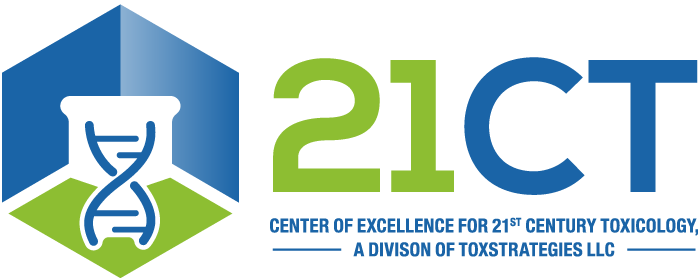Henderson RG, Vincent M, Rivera BN, Bonn-Miller MO, Doepker C. 2023. Cannabidiol safety considerations: Development of a potential acceptable daily intake value and recommended upper intake limits for dietary supplement use. Regul Toxicol Pharmacol 144(Oct):105482; doi: 10.1016/j.yrtph.2023.105482. PMID: 37634699.
Abstract
Consumer use of hemp-derived products continues to rise, underscoring the need to establish evidence-based safety guidance. The present study sought to develop recommendations for oral upper intake limits of cannabidiol (CBD) isolate. Sufficiently robust and reliable data for this purpose were identified from published human clinical trials and guideline-compliant toxicity studies in animal models. Based on the metrics used in this assessment, a potential Acceptable Daily Intake (ADI) value of 0.43 mg/kg-bw/d (e.g., 30 mg/d for 70-kg adult) was determined for the general population based on liver effects in human studies. This value applies to the most sensitive subpopulations, including children, over a lifetime of exposure and from all sources, including food. For dietary supplements with adequate product labeling intended for use by healthy adults only, a potential Upper Intake Limit (UL) of 70 mg/d was determined based on reproductive effects in animals. For healthy adults, except those trying to conceive, or currently pregnant or lactating, a conservative dietary supplement UL of 100 mg/d was identified based on liver effects; however, as the target population excludes individuals at risk for liver injury, an alternative dietary supplement UL of 160 mg/d for this population can also be considered.
